How Do You Measure Performance?
GOAT (Greatest of All Time) is a term used in sports to refer to the best player in a particular sport or position. Achieving this title requires consistent, exceptional performance over time, which is not easily defined. Jordan vs. LeBron in basketball, Brady vs. Mahomes in football, and Babe Ruth vs. the rest of baseball history. It is often gauged on specific statistics highlighting superiority in one sport or how many championship rings a player has accumulated over a career. However, measuring and evaluating performance can be difficult, as it occurs in different eras with constantly evolving circumstances.
Predicting Performance
Last season's professional baseball focused on evaluating future performance due to the largest contract in baseball history - the Los Angeles Dodgers' Shohei Ohtani's 10 year $700m dollar contract. As HR and Executive Leaders, it's our responsibility to develop a clear performance assessment that accurately forecasts the future impact of organizational leaders and contributors. This requires us to cut through the hype and make informed decisions based on reliable data.
Measuring Work Performance
“Data is to statistics what a good offensive line is to a star quarterback.” ― Charles Wheelan, Naked Statistics: Stripping the Dread from the Data.
A unified digital headquarters must integrate various technologies and workflows into a coherent strategy in a digital work environment. HR and executive leaders must invest in a performance platform that captures intangible factors such as employee engagement, innovation, and adaptability—not just settle for legacy performance software built into their more extensive Human Resource Information System (HRIS). This holistic approach needs metrics encompassing the multifaceted nature of value generation and should integrate into the current tech stack and complement the current approach.
Here are four critical things to consider when attempting to measure performance in the modern work environment:
1. Rethink Performance Measurement
As we move toward a modern work environment, it's essential to re-evaluate how we measure employee performance. Gartner's research predicts a significant shift in performance management, moving from traditional productivity outputs to a more holistic view that includes personal and professional goals. While traditional quantitative metrics such as sales figures and call numbers are still important, they no longer provide a complete picture of an employee's contributions. We need to broaden our approach to include qualitative aspects that reflect the range of employee experiences and skills. This may include engagement levels, creative problem-solving ability, collaboration skills, and adaptability to change. These qualities are increasingly important in today's digital age, and we need to ensure that our performance measurement reflects this.
2. Understanding the Human Aspect of Work
Our approach to performance measurement has two pivots. The second pivot recognizes the importance of the human element in our work. Research by the Employee Work Passion Company has shown that work is not just about traditional metrics but also involves emotions and intellect. Therefore, HR and Executive Leaders should create environments where meaningful conversations can happen and where they can continually assess and cultivate an employee's skills, motivation, and well-being. These conversations are at the core of performance because they reveal the layers of human experience that contribute to an employee's output. Enhancing performance becomes a holistic process where employees' emotional and intellectual contributions are valued as much as their tangible outputs.
3. The Role of HR in Performance Measurement
The critical role of HR is the third factor for improving performance measurement in the modern workplace ecosystem. HR Certification Institute (HRCI) emphasized that HR’s role in integrated performance management is to support the business by managing performance data and facilitating strategic objectives. HR departments act as a bridge, ensuring information sharing and transparency, essential for a cohesive strategy aligning with the company's value creation. HR leaders are looking for ways to incorporate DEI principles, DISC profiles (a personality assessment), and Motivation Science practices into all areas of the employee lifecycle, from recruitment and onboarding to continuous development. This combination of practices enables HR to establish an inclusive and supportive work environment, fostering high performance that is diverse in its expression and united in its pursuit of excellence throughout the organization.
4. Enhancing Performance with Human Skills
The modern workplace has recognized the importance of human skills as a crucial consideration in evolving performance measurement. These skills include actively listening, providing effective feedback, motivating recognition, building trust, showing empathy, being flexible, and communicating effectively. These essential skills can significantly positively impact performance. Future Business Journal article on human capital investment highlighted that human resources, including employees' soft skills and expertise, are seen as a primary component of intellectual capital. Investment in human capital, such as through training and skill development, can enhance performance and sustainable competitive advantage for organizations, emphasizing the significance of human skills in performance measurement.
When leaders and their teams cultivate these human skills within the performance flow, the organization becomes more than just functional; it becomes adaptive, innovative, and resilient.
Elevated Performance
Today's complex work environment requires redefined performance measurement beyond hard metrics. Recognizing the total value employees bring and understanding the human element of work drive innovative and committed work behaviors.

